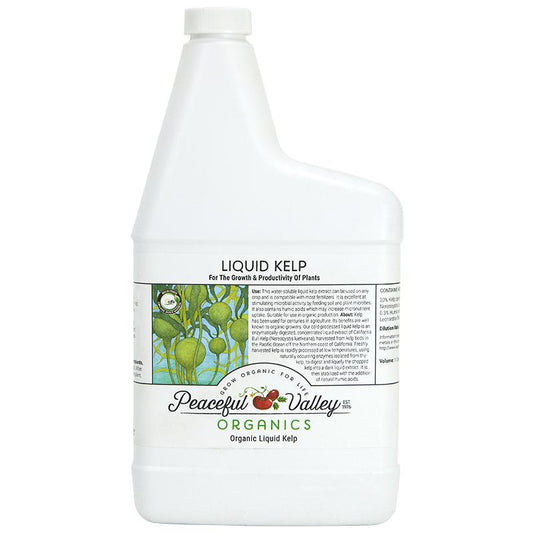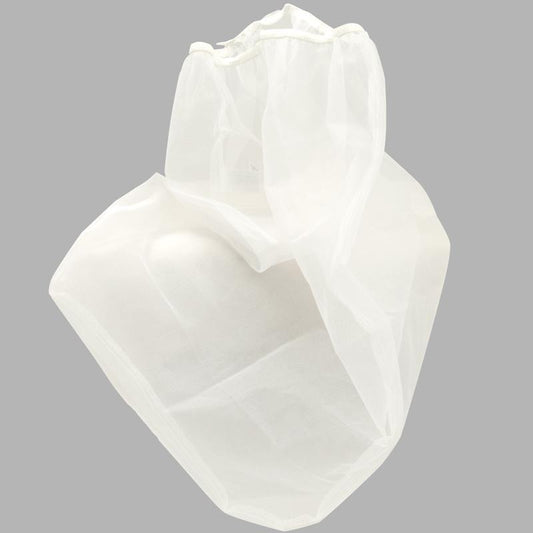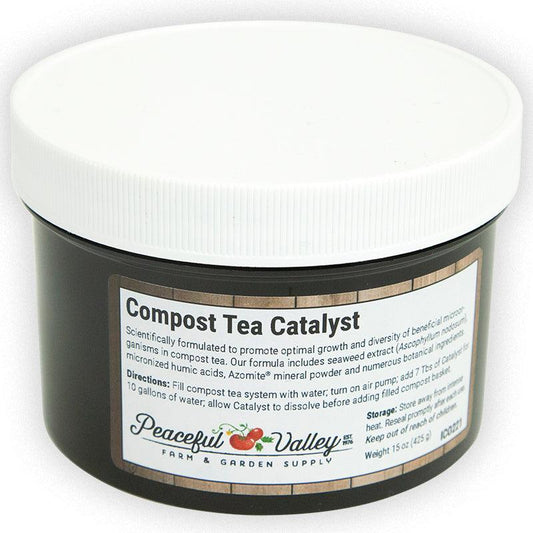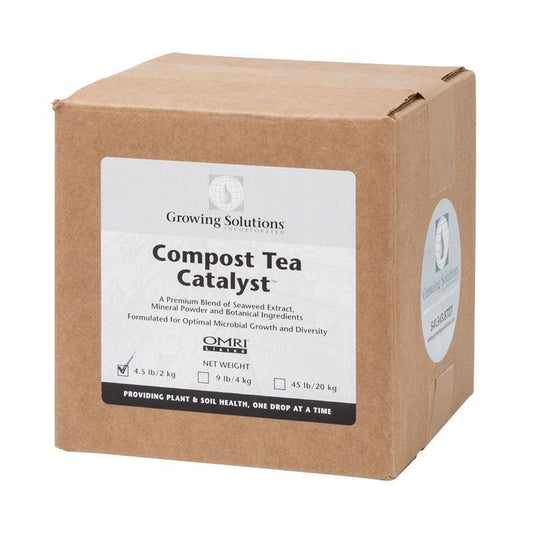
Compost Tea Brewing: A Natural Boost for Your Garden
Compost tea brewing is a sustainable and eco-friendly method of enhancing soil health and promoting robust plant growth. This technique offers a natural alternative to chemical fertilizers and pesticides by harnessing the power of beneficial microorganisms found in compost.
What is Compost Tea?
Compost tea is a liquid fertilizer and soil conditioner derived from composted organic materials such as kitchen scraps, yard waste, and manure. It is a nutrient-rich solution teeming with beneficial microorganisms like bacteria, fungi, and protozoa. These microorganisms are crucial in improving soil structure, increasing nutrient availability, and suppressing harmful pathogens.
The Benefits of Compost Tea
-
Enhanced Nutrient Availability: Compost tea helps unlock the nutrients bound in organic matter, making them readily available to plants. This can lead to healthier and more vigorous growth.
-
Improved Soil Structure: The microorganisms in compost tea work to create stable soil aggregates, enhancing soil structure and water retention capacity. This can prevent soil erosion and compaction.
-
Disease Suppression: Some microorganisms in compost tea act as natural antagonists to plant pathogens, helping reduce the incidence of diseases in your garden.
-
Reduced Chemical Dependency: Compost tea can reduce the need for synthetic fertilizers and pesticides, promoting organic and sustainable gardening practices.
-
Increased Microbial Diversity: By introducing a diverse range of beneficial microorganisms into the soil, compost tea can help establish a balanced and thriving soil microbiome.
Compost Tea Brewing Methods
Compost tea can be brewed using various methods, but the basic process involves steeping compost in water while aerating it to encourage microbial growth. Key elements of compost tea brewing include:
-
Compost: High-quality compost is the foundation of compost tea. It should be well-aged, free of contaminants, and rich in organic matter.
-
Aeration: Proper aeration is essential to ensure beneficial microorganisms thrive during brewing. This can be achieved through the use of air stones, bubblers, or compost tea brewers specifically designed for this purpose.
-
Food Source: Molasses or other organic sources of carbon are often added to provide an energy source for microorganisms.
-
Brewing Time: The duration of brewing varies depending on the desired microbial concentration. Generally, aeration should continue for 24 to 48 hours.
-
Application: Once brewed, compost tea can be applied directly to the soil or sprayed onto plant foliage as a foliar feed.
Products for Compost Tea Brewing
Several products are available to assist gardeners in brewing and applying compost tea effectively. Here are some of the essential items you can find:
-
Compost Tea Brewers: These devices are designed to aerate and circulate water through compost, facilitating the growth of beneficial microorganisms. They come in various sizes to suit different gardening needs.
-
Aeration Systems: Aeration is critical in compost tea brewing. Aeration systems, including air pumps and diffusers, ensure that oxygen is continuously supplied to the tea, promoting microbial activity.
-
Compost Tea Bags: These mesh bags make it easy to contain compost materials while brewing. They can be placed directly into a compost tea brewer or a bucket for convenient steeping.
-
Application Tools: To apply compost tea to your garden, you can use hose-end sprayers, watering cans, or backpack sprayers, all of which are designed for even distribution.
Compost tea brewing offers an eco-friendly and sustainable way to boost the health of your garden. By harnessing the power of beneficial microorganisms, this natural fertilizer and soil conditioner can enhance nutrient availability, improve soil structure, and reduce the need for chemical inputs. To start with compost tea brewing, explore the range of products available, from compost tea brewers to aeration systems, and enjoy the benefits of a thriving garden.
For more information, read our article on making compost tea.











